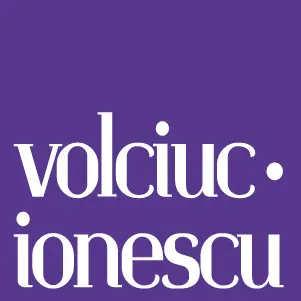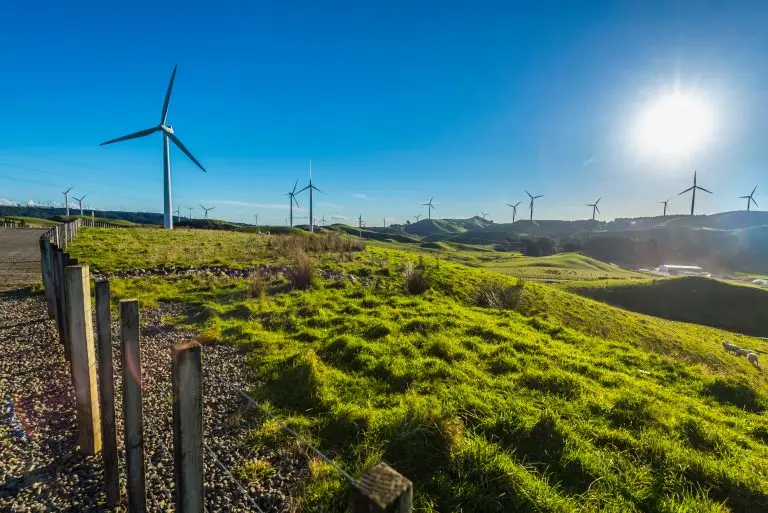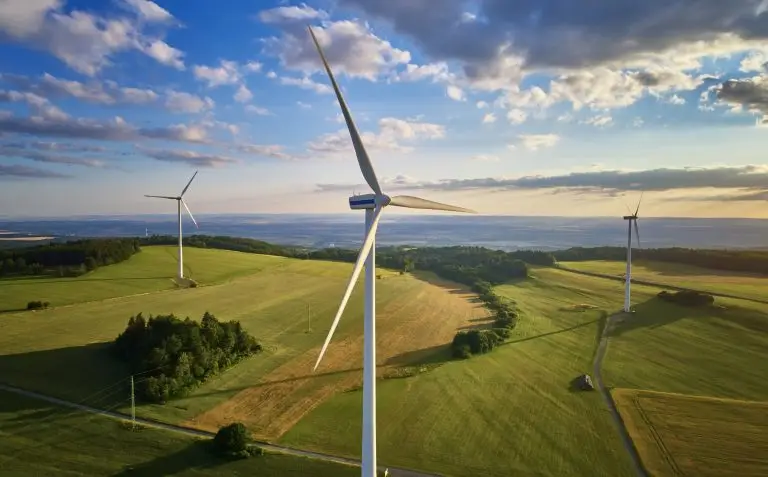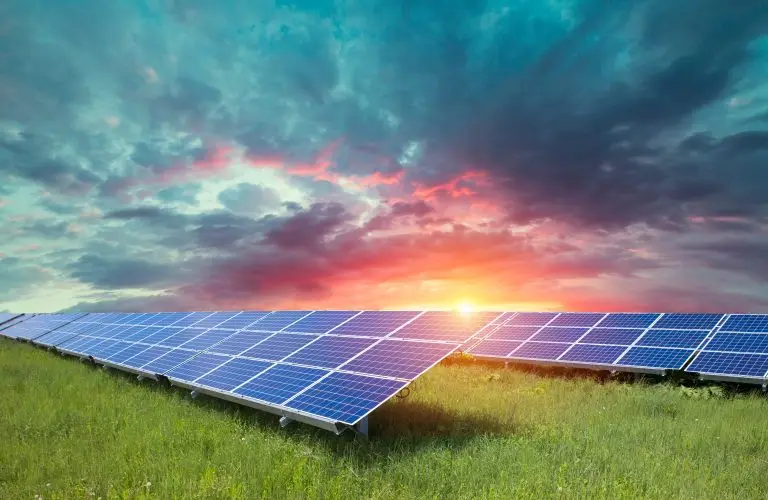1. Background
1.1. Distinction between the electricity trader and the electricity supplier
Until recently, the legislation provided that both electricity trading on the wholesale market and electricity supply on the retail market were carried out by the electricity supplier based on an electricity supply license issued by the Energy Regulatory Authority of Romania (ANRE). Thus, even if an entity intended to act only on the wholesale electricity market, it still had to apply for an electricity supply license in order to be allowed to trade electricity.
The law No. 123/2012 on electricity and natural gas (Energy Law) was amended to introduce the notion of ”electricity trader”, making a distinction between the electricity supplier and the electricity trader. The electricity trader is defined by the Energy Law as the individual or legal person selling and purchasing electricity exclusively on the wholesale electricity market or undertaking electricity import and export activities. The electricity trading activity requires an electricity trading license issued by ANRE.
The definitions of electricity supplier and electricity supply activity were not amended. According to the Energy Law, the electricity supplier sells electricity to clients and supplies electricity to consumption locations owned by the supplier. Although the definition under the Energy Law refers only to transactions on the retail market, according to the general conditions attached to the electricity supply license approved by ANRE Order No. 8/2014, the electricity supply license holders have the right not only to sell electricity to final consumers on the retail electricity market, but also to trade electricity on the wholesale electricity market and to carry out electricity export / import operations.
In view of the introduction of the electricity trading as a separate activity, ANRE felt the need to clarify (through a press release dated 28 January 2015 published on its website) that this will not limit in any way the activities that can be performed by an electricity supplier based on its valid electricity supply license – in other words, electricity suppliers will continue to have the right to conclude transactions on both the wholesale and retail electricity markets in accordance with their electricity supply licenses, while the electricity traders will act only on the wholesale electricity market.
1.2. The need for adapting the secondary legislation
Taking into consideration the above-mentioned novelty, the secondary legislation has to be updated in order to reflect such changes and enable the interested persons to undertake the electricity trading activity.
In this respect, on 19 December 2014 ANRE published a draft Order regarding the modification of the Regulation on granting electricity licenses and authorizations (Draft Authorisations Regulation) and, on 27 January 2015 a draft document comprising the general conditions to be attached to the electricity trading license (Draft Trading License Conditions).
2. The electricity trading license
2.1. Obtaining the electricity trading license
It is largely known that for obtaining an electricity license, the applicant must file an application to ANRE and attach a set of documents common to all types of activities in the electricity field.
In addition, the Draft Authorisations Regulation requires the applicant for an electricity trading license to submit a presentation of the organisational and human resources framework, comprising:
- the applicant’s locations, where the electricity trading activity will take place; and
- the personnel schedule, detailing the structure of the personnel and specifying the specialization, and evidencing the qualification of the personnel designated to the trading activity.
The applicant will also submit evidence of availability of at least EUR 200,000, as:
- own capital;
- bank credit lines; or
- funds made available to the applicant by its shareholders as shareholders loans or under other types of agreements.
An estimation of the turnover to be achieved from the electricity trading activity in the first license year will have to be filed to ANRE in order to calculate the annual contribution payable by the electricity trading license holder (i.e. 0.08% of the estimated turnover).
2.2. Some differences vs. the supply license
The documentation required for the issuance of an electricity supply license is more detailed, comprising also an organizational chart of the applicant, as well as a list of the customer relations centres. In addition, the amount of the funds that need to be available is higher – i.e. EUR 1,000,000.
2.3. Validity
The maximum validity period of both the electricity trading license and electricity supply license is 10 years.
3. The general conditions attached to the electricity trading license
3.1. Certain obligations of the electricity trader
The Draft Trading License Conditions sets out the general conditions which will form an integral part of the electricity trading license. The trader will have to fully comply with such general conditions.
Pursuant to the Draft Trading License Conditions, some of the most important obligations of the electricity trader will be:
- complying with all applicable legislation;
- trading electricity only based on contracts concluded in compliance with the Energy Law and ANRE regulations;
- undertaking the balancing responsibility towards the TSO;
- organizing and maintaining a communication system with its contractual partners and public authorities;
- keeping separate accounting for the electricity trading activity;
- cross-subsidies between activities performed are forbidden;
- putting in place and maintaining financial guarantees required for participation to the wholesale electricity market, the value of which will not be lower than the amounts required for execution of the obligations under outstanding contracts for a period of 30 calendar days;
- submitting reports and information to ANRE, on a regular basis or as required by the applicable regulations;
- maintaining qualified personnel for fulfilment of its obligations as electricity trader.
3.2. Some differences vs. the supply license
As expected, in addition to the obligations of an electricity trader, the holder of an electricity supply license has many detailed responsibilities in relation to the supply of electricity to final consumers (such as specific obligations related to the conclusion and performance of electricity supply contracts, intermediation of the access to the grid, invoicing the final consumers, information obligations towards its clients, claims handling).
The text of the Draft Authorisations Regulation can be accessed via the following link:
http://www.anre.ro/ro/energie-electrica/legislatie/documente-de-discutie-ee/licente/regulamentul-pentru-acordarea-licentelor-si-autorizatiilor-in-sectorul-energiei-electrice&page=1
The text of the Draft Trading License Conditions can be accessed via the following link:
http://www.anre.ro/ro/energie-electrica/legislatie/documente-de-discutie-ee/licente/conditii-generale-asociate-licentei-pentru-activitatea-traderului-de-energie-electrica&page=1
This article was also published on Lexology. For more details, click here.




